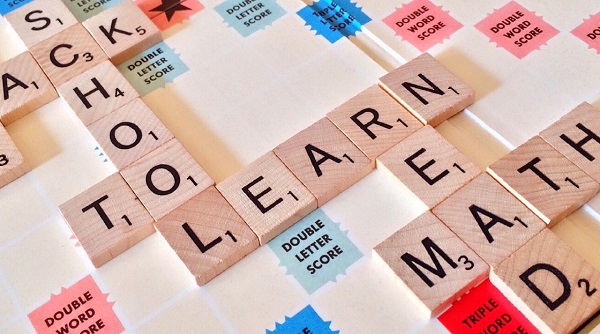eTwinning in Armenian English as a Foreign Language teachers’ teaching and students’ learning practices in the light of 21st century skills

Although many studies have been conducted on eTwinning, this is the first to explore Armenian teachers’ and students’ perceptions of eTwinning. The study also evaluated the role of eTwinning projects in developing 21st century skills such as communication and collaboration, critical thinking and problem-solving, creativity and innovation, digital literacy, and particularly Information and Communications Technology (ICT) tool use in EFL teachers’ teaching and EFL students’ learning practices. The participants included 16 EFL professionals and 67 students from various regions of Armenia. All the participants had been awarded at least one European Quality Label (EQL) and were selected by non-probability purposive sampling.
A mixed methods research (MMR) design was chosen to explore the vast experiences of EFL teachers and their students in eTwinning projects. Quantitative and qualitative data, which were gathered through surveys and semi-structured interviews, were analysed descriptively and/or categorised into themes. The results demonstrated that eTwinning promoted particular 21st century skills, such as collaboration and communication, cross-cultural understanding, and creativity and innovation. It also supported innovative teaching, fostered student voices, and ensured student-driven learning processes within the framework of 21st century skills. However, the study could be conducted on a larger scale (on a national and/or European level) involving a larger sample. Moreover, apart from online surveys and interviews, the research instruments could also include classroom observations to see teachers and students working on a specific project, as well as interviews with students. Finally, future research could include teachers of various disciplines, other than EFL.
The study also provides some practical recommendations for its stakeholders. To improve eTwinning in the scope of teaching and/or developing 21st century skills, there is a need to integrate eTwinning into national curriculums, to increase its visibility on a national level and to think of new mechanisms to motivate more teachers. Various seminars, workshops, online tutorials, competitions, as well as exchange programmes are another way of fostering students’ active participation in future projects.
Keywords: eTwinning, European Quality Label, 21st century skills, innovative teaching.
Author: Sona Adamyan
Download the full article (PDF)
This paper was submitted to the call for papers organised in 2022 and it has been reviewed by external peer-reviewers. See here all the articles selected within the same call.
Additional information
-
Education type:School Education
-
Target audience:Head Teacher / PrincipalStudent TeacherTeacherTeacher Educator
-
Target audience ISCED:Lower secondary education (ISCED 2)Upper secondary education (ISCED 3)
